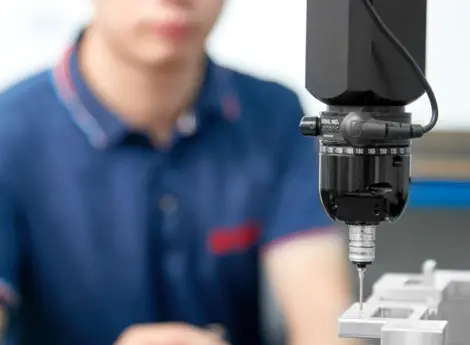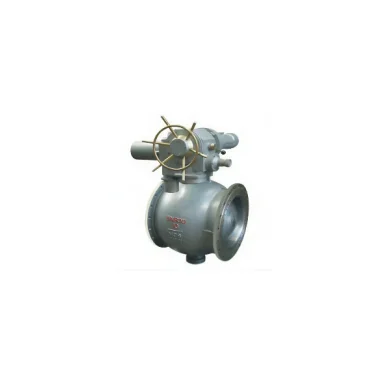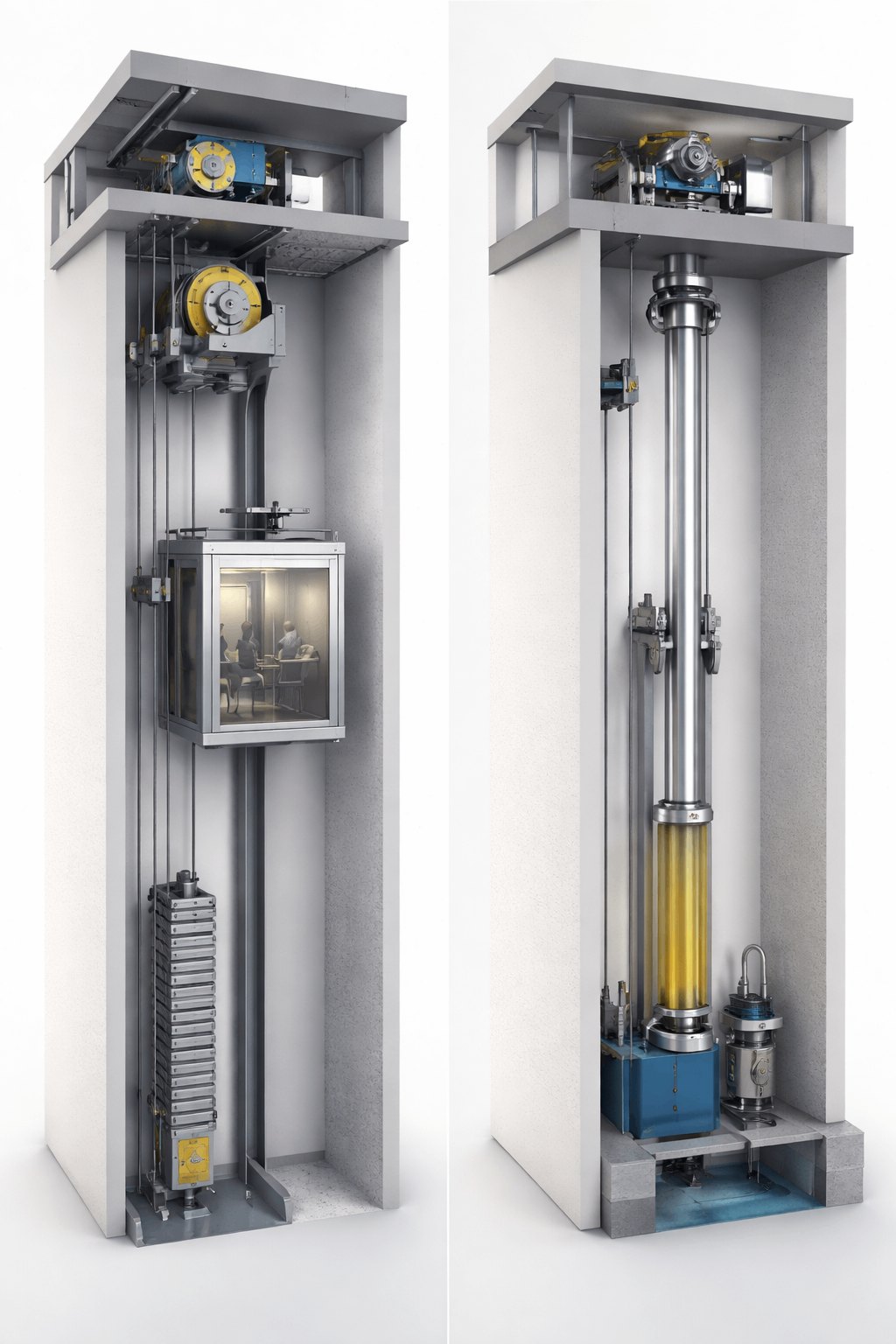Can complex-shaped aluminum parts be processed?
In modern manufacturing, aluminum is widely used in a variety of industries, including aerospace, automotive, medical equipment, electronics, and mold manufacturing, due to its lightweight, high strength, excellent machinability, and corrosion resistance. However, as product designs increasingly pursue complex structures, high precision, and stable performance, the demand for complex aluminum parts machining capabilities has also increased.
So, is it possible to machine complex aluminum parts? The answer is: yes, and we are very skilled at it.
As a professional company specializing in CNC parts machining services, we have been deeply involved in the aluminum machining field for many years, accumulating extensive experience and technical reserves, especially in the machining of complex aluminum parts. This article will provide a detailed analysis of how we achieve high-precision machining of complex aluminum parts from multiple perspectives, providing you with a more comprehensive understanding of our service capabilities and technical level.
1. What are complex aluminum parts?
Complex aluminum parts typically exhibit one or more of the following characteristics:
Polyhedral curved surfaces, such as spherical shells, tapered transition bodies, and free-form surfaces;
Complex internal structures, such as multiple channels, irregularly shaped through-holes, and concealed slots;
Uneven wall thickness or ultra-thin structures, such as lightweight supports commonly found in aviation structures;
High assembly and positioning accuracy, such as requiring simultaneous clamping and machining of multiple surfaces to avoid cumulative errors;
Strict surface quality requirements, such as low roughness (Ra ≤ 0.4μm), scratch-free, and burr-free;
Extremely precise tolerance control, such as IT6 and above, within 0.01mm.
These aluminum parts are not only complex in design and structure, but also extremely challenging to manufacture, requiring close coordination among equipment, processes, personnel, and quality control.

2. We possess five core advantages for machining complex aluminum parts.
2.1 High-Precision Five-Axis CNC Machining Centers
We have introduced several five-axis CNC machines from brands such as DMG MORI (Germany), MAZAK (Japan), and Friend Chia (Taiwan). These machines support simultaneous multi-axis operation at multiple angles, enabling the simultaneous completion of complex machining tasks such as curved surfaces, inclined holes, and special-shaped cavities.
The advantages of five-axis machining include:
Reducing workpiece re-clamping and reducing cumulative errors;
Improving machining efficiency and surface quality;
Machining internal angles, deep cavities, and special-shaped structures that are difficult to achieve with traditional three-axis machining.
With five-axis equipment, we can easily handle the machining needs of a variety of highly complex aluminum structures.
2.2 Professional CAM Programming Team
Our CAM team has an average of over eight years of experience and is skilled in programming complex part paths using professional software such as MasterCAM, UG NX, and PowerMill. During programming, for complex curved surfaces, internal cavities, and slender structures, we:
Utilize multi-tool, multi-path strategies to distribute the cutting load optimally;
Set process limits, interference checks, and automatically optimize paths to avoid collisions;
Precisely control cutting depth, feed rate, and toolpath smoothness to ensure machining stability and surface quality.
Excellent CAM programming is crucial for achieving complex aluminum part machining.
2.3 Customized Fixtures and Fixture Solutions
For non-standard, complex structures, we design specialized fixtures tailored to each order, utilizing vacuum suction, four-axis rotary positioning, and flexible locating pins to ensure:
Stable, deformation-free clamping during machining;
Precise alignment during multi-faceted machining to minimize errors;
Improved efficiency and batch consistency.
For ultra-thin-walled and high-cavity structures, we also employ dynamic anti-vibration supports or auxiliary machining strategies to effectively minimize deformation and vibration, thereby improving yield. 2.4 Comprehensive Quality Inspection System
We are equipped with high-precision coordinate measuring machines (CMMs), laser scanning measurement systems, profilometers, roughness gauges, and concentricity testing devices, enabling full-scale, full-angle inspection of complex aluminum parts to ensure that every part meets the drawing specifications.
We provide inspection reports including:
Full-scale coordinate measurement data;
Surface roughness analysis;
Geometric tolerance data such as coaxiality, perpendicularity, and parallelism;
Material testing (hardness, tensile strength, metallography, etc.).
Our quality control process leaves no room for blind spots, ensuring clients can be confident in project delivery.
2.5 Integrated Material and Post-Processing Services
We maintain a wide range of specifications for aircraft-grade aluminum alloys, including 6061, 7075, and 2024, and provide a one-stop service from aluminum material procurement, rough machining, finishing, and surface treatment.
Supported surface treatments include:
Anodizing (conventional, hard, black, and colored);
Sandblasting, electrophoresis, and polishing;
About Author


